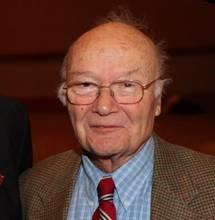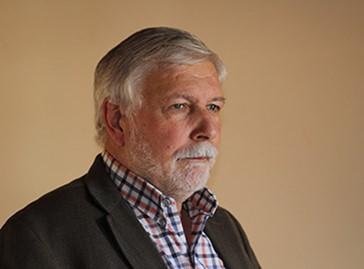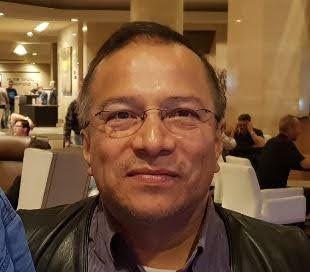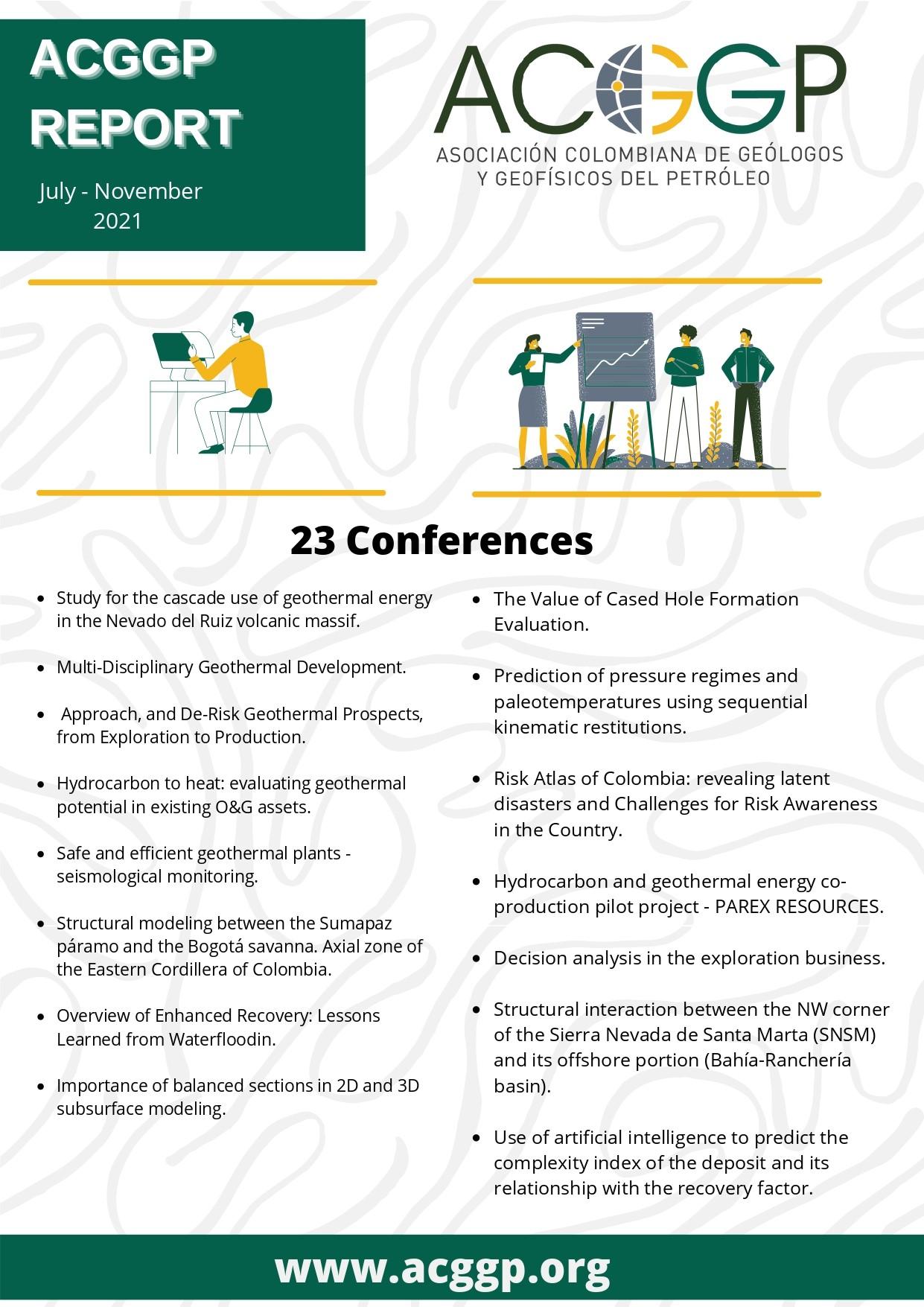6
Webinar & Interview Interview with Sven Treitel By Sofia Pannunzio The webinar The MIT Geophysical Analysis Group and Its Influence on Seismic Processing was held the 21 of October, and falls perfectly within the realm of what we can call “The Dawn of Digitalization.” It was presented by Enders Robinson and Sven Treitel, both pioneers of the digitalization of signal processing. This webinar covered the fundamental contributions that can be considered the foundation of what has evolved to today’s hot topics of Big Data, Machine Learning, and AI. Enders and Sven talked about the early development of Digital Signal Processing in the Geophysical Analysis Group at MIT, which is considered one of the highlights of 20th-century science and technology. Furthermore, they shared with us part of the difficulties they had to face when boosting this kind of innovative technology. Check out the interview with Sven Treitel: What do you consider were the biggest challenges you had to face when implementing something totally innovative in a context where digital tools were still underdeveloped? Probably there were many people against your ideas, how did you deal with those moments? There were a lot of geophysicists who were against my ideas at those times, one of them ensure me that what we were doing could be done just theoretically but there was no way that we could assimilate analog filter in a digital computer. That was one of the resistances that we had to contain, and this is one of the reasons why the MIT Geophysical Analysis Group ended in 1957. Apart from that, at first, most of the oil company representatives could not understand what we were trying to accomplish. It was only after I was able to join an oil company, talked to the management and convinced people there that these methods were worth investigating, that this technology took off. Do you think that the existence of a connection between research and industry is essential to ensure a good industrial development in the
future? And in addition to this, do you think that companies and society are aware of the importance of geosciences for industrial development? Many oil companies have stopped investing in research development. Nowadays, geophysical exploration research is mainly carried out by universities. Although they do some research, this is not enough. The connection between academia and industry is certainly essential. However, there are currently major problems and the industry is facing a difficult moment, which somehow requires attention. What career advice would you give to aspiring young geophysicists today? Always consider alternative employment possibilities. You should prepare yourself and get skills. One that comes to mind, and which is taken by a number of colleagues, is image processing. There are no limits for developing this. It is a crucial discipline in exploration geophysics, but it is not limited only to seismic processing, you can use the same techniques to process geographic images, medical images, and more. The computer and imaging skills should be considered by anybody entering in our profession. How do you look at artificial intelligence (AI) in Geophysics, especially in seismic imaging? First of all, I take issue with the term “Artificial Intelligence”, because, how can we talk about artificial intelligence when we do not understand the human intelligence? So, to me, that term is very misfiring. I look at these techniques as very sophisticated. We do not understand what we are doing but we do understand that the systems under the name of “artificial intelligence” or “machine learning” are actually working. I do not understand that fact. I think that those techniques are interesting and promising, but I consider more promising those techniques which use the physics base than the ones which do not use the physics guidance.
6







